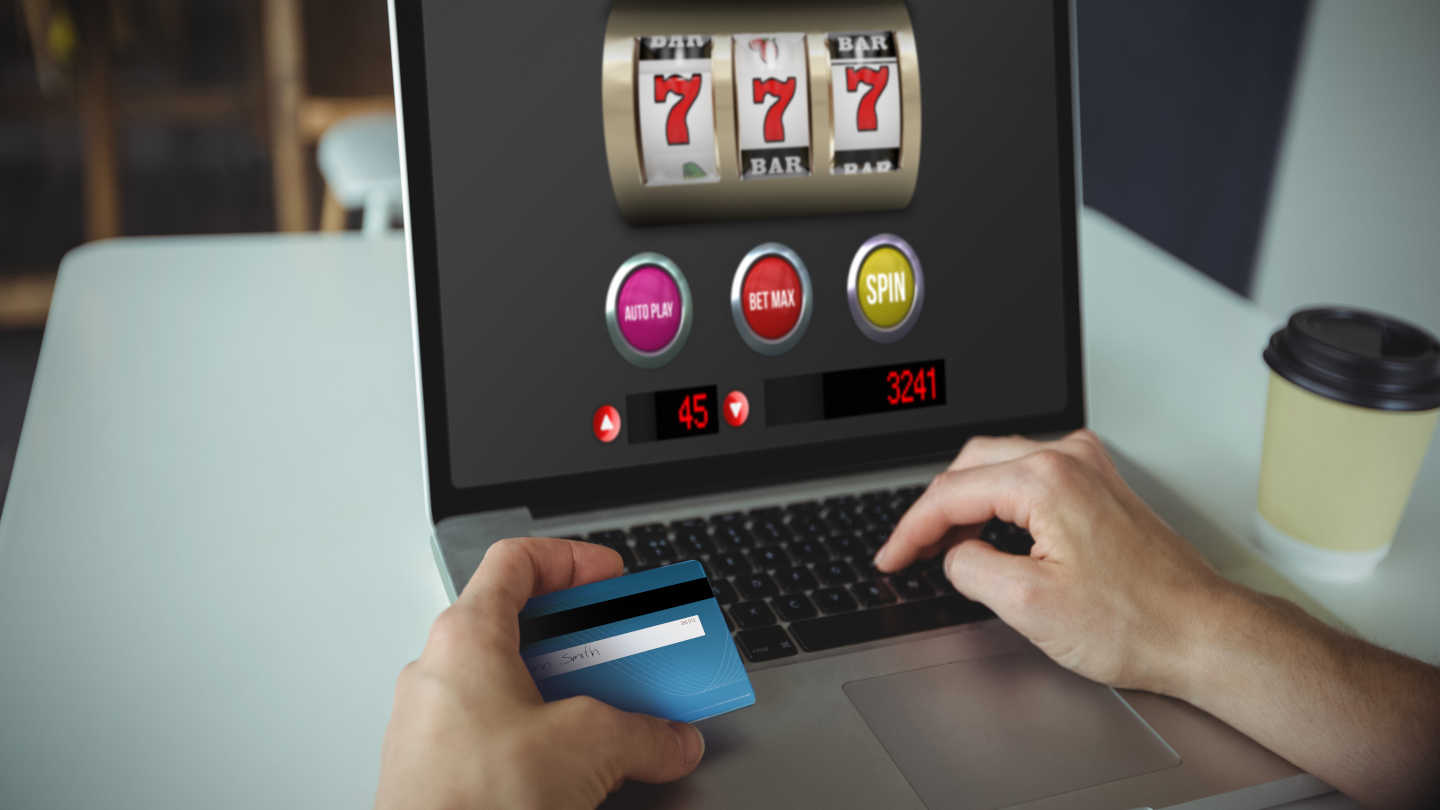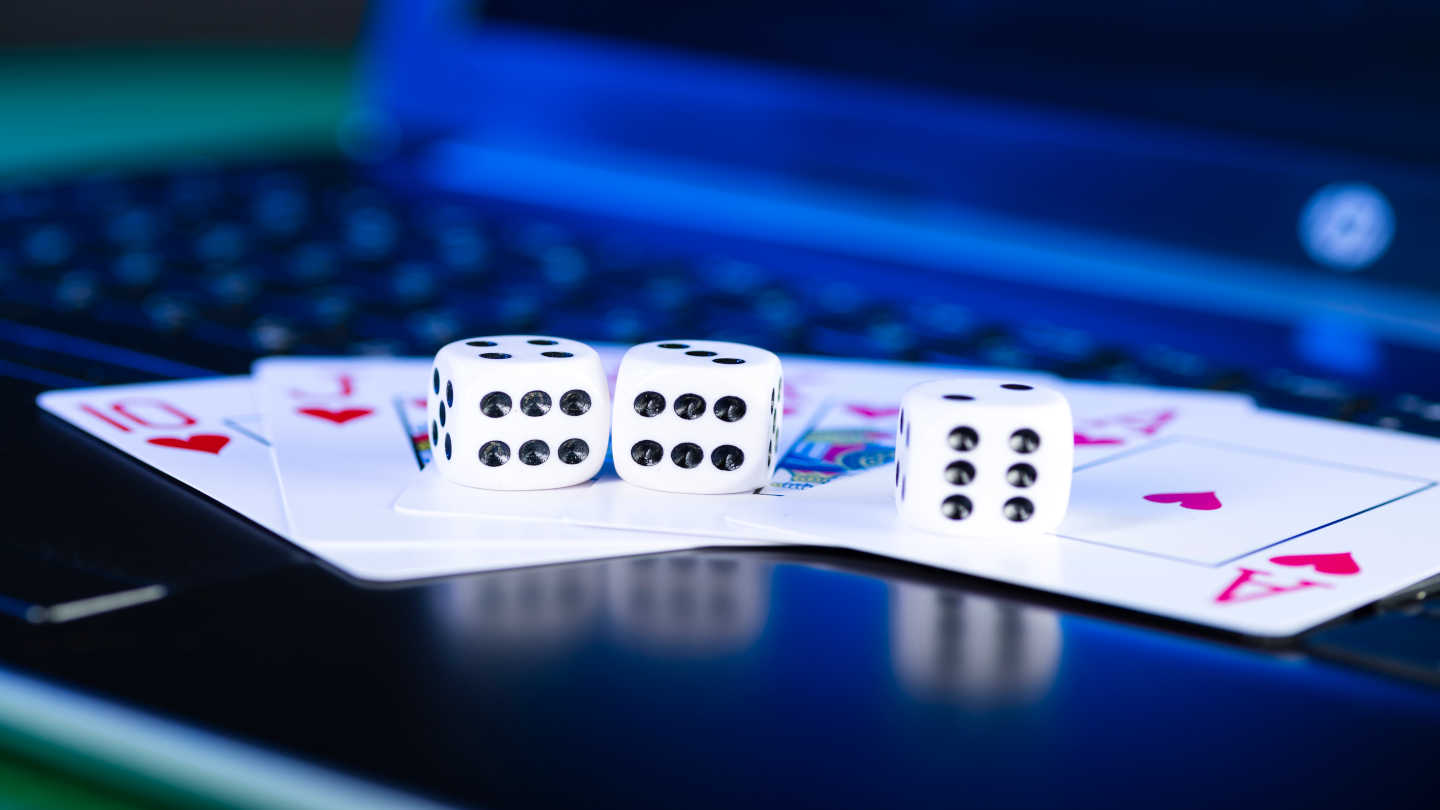7 Essential Poker Strategy Tips You Need to Know
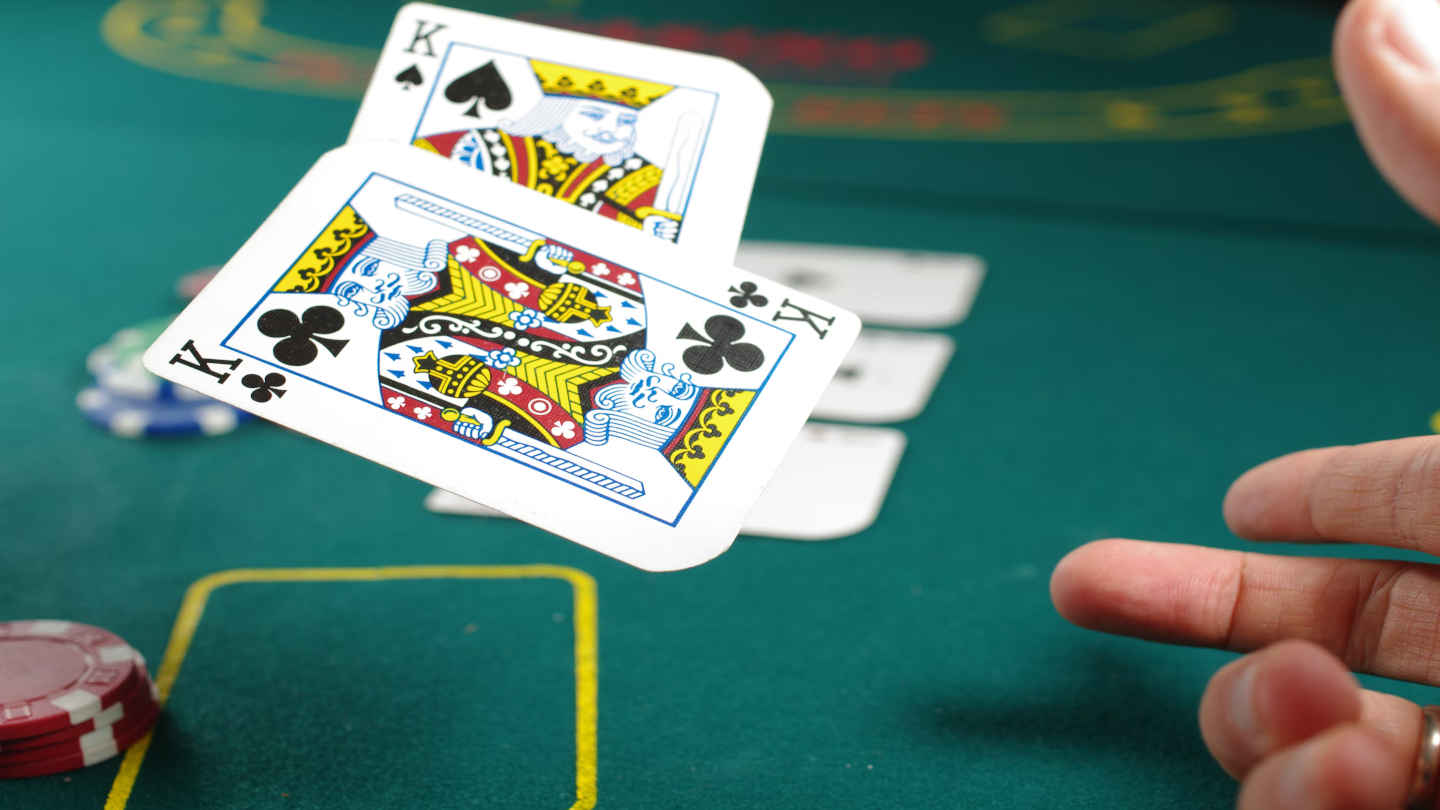
4 minutes
Last Updated: October 25, 2023
As a new poker player, there’s a lot to learn about poker strategy. Poker can be a complicated game with many factors to consider. If you’re a beginner, check out some essential poker strategy tips here.
Poker, a multifaceted and endlessly captivating game, constantly presents players with diverse challenges. As your skills evolve, so does the intricate tapestry of poker strategies and nuances, a quality cherished by countless enthusiasts. This dynamic quality is one of the defining features that endear people to poker; it accommodates players of various expertise levels.
It's effortless to grasp the fundamental rules of poker and begin your journey within a brief span. However, as you delve into the art of the game through practice, you can steadily transform into a more accomplished and skilled poker aficionado over time.
Furthermore, the beauty of poker today lies in its versatility, enabling you to indulge in this stimulating pastime virtually anywhere.
There are lots of tournaments at the land-based casino as well as online tournaments at platforms like new sweeps cash casinos. This provides plenty of opportunities to practice both online and at the physical casinos. When you do so, you can start improving by considering these seven poker strategy tips that you absolutely need to know.
1. Start Out Slow and Be Patient
When you start a new tournament, it’s always the best strategy to start out slow. The beginning of a tournament should be focused on getting through the first games.
You should think of it as a marathon instead of a sprint. If you start out aggressively, you could just as easily lose all your chips and be out of the tournament. Therefore, focus on a slow and steady start.
2. Always Consider Your Hand’s Potential
It may sound like an obvious piece of advice, but one thing that too many beginners actually forget to do is really consider their hand potential. You quickly learn what an objectively good and bad hand is.
But your hand could possibly be much more than that. Focus on strategizing in the beginning and practice to consider all the possibilities that a given hand might entail.
3. Focus on Protecting Your Stack
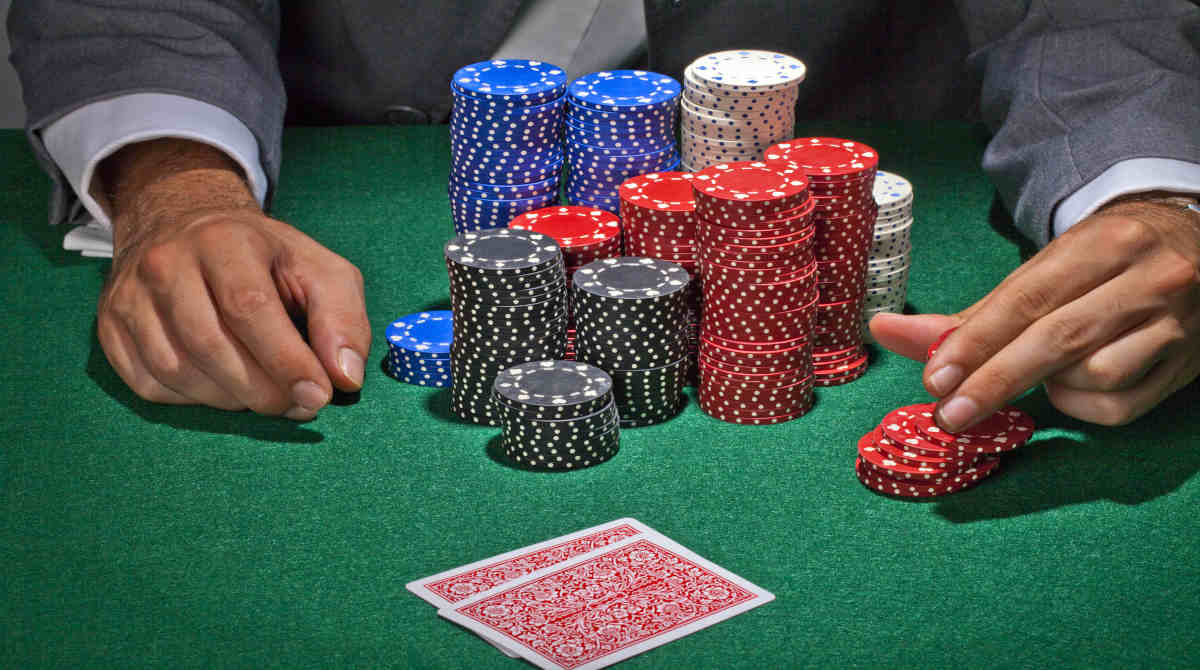
As briefly mentioned, focusing on protecting your stack should be a priority at the beginning of a tournament. But it’s actually something to continue on prioritizing for obvious reasons.
When you have a bigger stack, you’ll be able to apply pressure in a completely different way than if you are sitting with a short stack.
4. Be Wary of the Danger Zone
There’s a specific part of the poker game that’s often referred to as the danger zone. In the middle stages of a game, it can quickly go one way or the other. You can no longer play the speculative hand, hoping for the flop.
This is where you should play your strong hands and focus on building your stack and stealing the pots. It’s the part of the game to really consider whether the strategy you’re playing should be changed or intensified.
5. Learn to Understand Your Position
Another main lesson for new players is understanding their position and playing accordingly. Whether you’re short-stacked or holding a big stack will determine how to play your hand in the most advantageous way.
If you’re short-stacked, there’s no point in going aggressively up against a player with a huge stack. On the other hand, if you’re holding all the chips, so to speak, you’re in a great position to play more aggressively.
6. Keep a Balance in Your Game
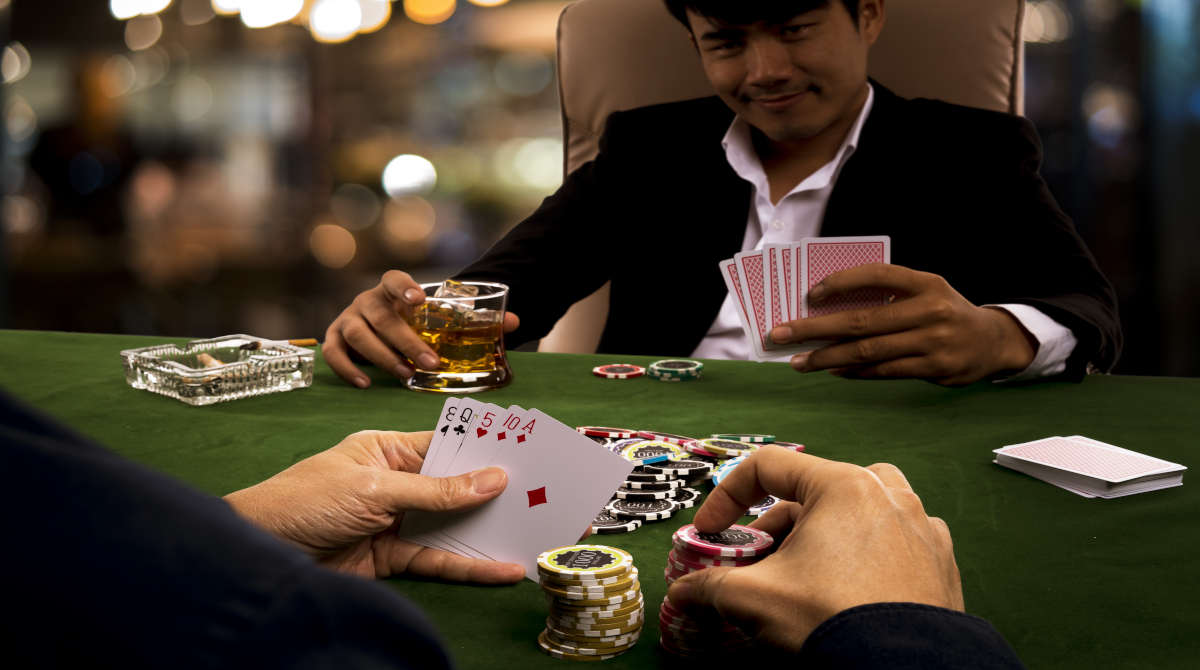
As with so many other things, a good poker game is all about balance. It’s about knowing when to play it safe, when to adjust, and when to go shove. Many players like to play fairly tight for a good part of the game to protect their chips.
This is often a great strategy, but only to an extent. If you don’t get some chips in, you’ll soon find yourself in a disadvantageous situation going up against players with bigger stacks than you.
It can be strategically smart to play conservatively for some time, but just remember not to take it too far. The same thing obviously applies to the aggressive player.
Focus on keeping a balance in your game. And then, when you’ve got a really good hand, play it smart and grow your stack.
7. Don’t Leave Your Poker Face at Home
There’s a reason why a poker face is such a famous concept. It’s a central part of the game of poker, and without you won’t have much of a chance.
Remember that a poker face is much more than your face mimic and body posture. It’s about not letting your strategy be transparent. Don’t give away your hand by playing it, too, obviously.
For most players, it takes plenty of practice, but when you perfect this skill, your hand will be much greater no matter the cards you’re dealt.










